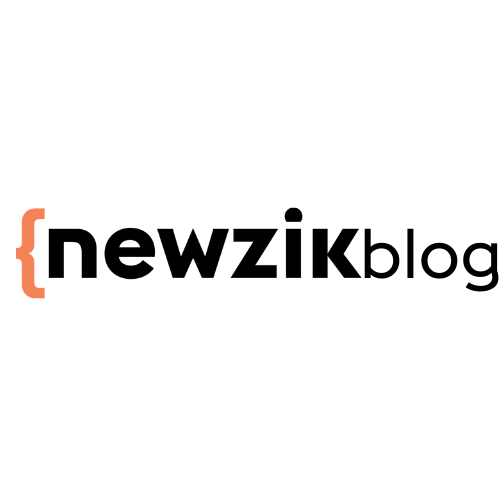How to digitize your sheet music collection: focus on specialized machines
For a musical institution, the digitization of sheet music has become a major issue in recent years. The health crisis has accentuated to an unprecedented degree the absolute necessity of accessing all musical material from anywhere, and distributing it remotely to all members concerned.
Although 90% of symphony orchestras and opera houses are now equipped with digital copiers, these are not always fully adapted to the specific needs of fast, high-quality capture of large quantities of scores, often annotated, bound and in large formats.
That's why we've decided to highlight the feedback from our librarian friend Ivo Schmid, of the Zurich Chamber Orchestra (ZKO)who took the gamble of investing in a digitizer tailored to the orchestra's needs. Thanks to this initiative, the partothèque is now 100% digitized, for the greater comfort of the team and the musicians. We'll use this testimonial to open up the field of possibilities...
Ivo Schmid, Zurich Chamber Orchestra librarian
"We decided to buy a second-hand scanner. The model is called ZEUTSCHEL OS 1200now under the name OS 12002 Comfort.
I am very satisfied with this scanner for several reasons: I can visualize the score I'm scanning (no need to turn it over) and consequently see the rendering on screen. The associated 'perfect book' software automatically recognizes the size of the score almost perfectly. I can scan both the left and right pages. This double scan takes me less than 3 seconds (in black and white). I don't need to rework the scan from an Acrobat-type editing program, as everything is processed during scanning and delivered directly to a folder. The software is easy to use.
However, there is a slight disadvantage compared to a traditional scanner/copier: to be quick and comfortable, I decided to choose a scanner without a glass that flattens the paper to be scanned, which means that straight lines (music notation) are not always 100% straight. To avoid this, there are (more expensive) models that have an (automatic) glass to flatten each page you need to scan.
Overall, I'm very happy with my scanner - I couldn't imagine working with a traditional scanner/copier!"
To find out more...
As we've seen, these machines specializing in bound books can be an immense help in the daily life of anyone in charge of a large collection of sheet music.
For those who can afford it, there are ultra-sophisticated, automated models with integrated flattening glasses and page turners.
Budgets then rise significantly. Here are a few examples of prices on Qinedus scanner models:
Qidenus Robotic A2 scanner: 93,000 euros ex VAT.
The Qidenus semi-automatic or MASTERED scanner in A2 format costs €65,000 excluding VAT.
The Qidenus SMART A2 manual scanner is priced at 30,000 euros ex VAT.
On the other hand, there are other high-performance, less "robotized" machines that can meet your needs. Here are two of them:
The scanner Elarscan A2 format, 180° or V-shaped. The price of the device is 18,000 euros excluding VAT.
The brand scanner Bookeye 4 V2 kiosk. The price of the Bookeye 4 V2 kiosk scanner is 16,000 euros excluding VAT.
Finally, and after a great deal of research, we realized that there are machine rental systems available - which are very advantageous financially if the digitization process can be concentrated over a period of a few months.
For example, renting a Qidenus MASTERED in open A3+ format is 2,000 euros per month for a minimum of 3 months. A good idea to explore and compare with the geography concerned.
Conclusion
For mass digitization of bound music scores, specialized machines remain the number 1 choice. This choice requires a certain initial investment (if leasing is not an option), but in the medium term enables us to build up a centralized, high-quality digital library.
There are also a growing number of mobile tools and technologies that democratize this use. Take, for example, the launch of the astonishing Shine Ultradevice, full of promise thanks to its automatic curve-flattening technology, or the Iris Scanwhich already seems up to the task of scanning A4 black-and-white formats.
For one-off scans, the Newzik remains the best option, as it is directly linked to the PDF editor and annotation kit, and can be shared with all members at the click of a button.
Let's keep a close eye on all these advances and stay connected.
What are you waiting for to turn the page on paper scores?


